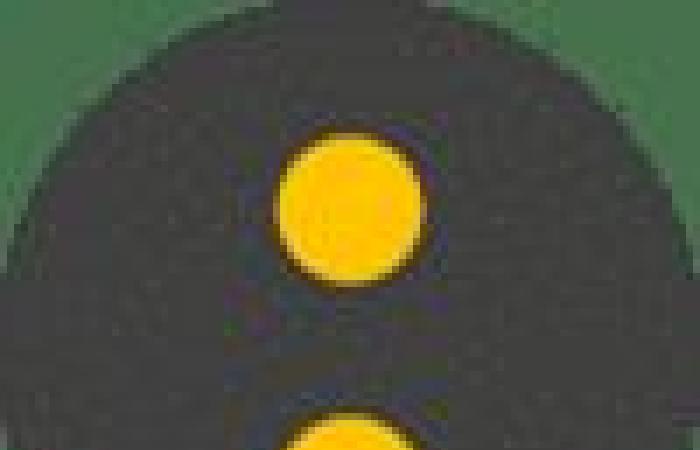“It is an additional signal of the tensions which have marked France and Israel in a tense context”, but “it is not a major international fact”, nuance Frédéric Charillon, professor of international relations at the University of Paris and at Essec, Thursday on franceinfo.
Published on 08/11/2024 00:17
Reading time: 2min

For Frédéric Charillon, professor of international relations at the University of Paris and Essec, the diplomatic incident that occurred in Jerusalem is a “message [d’Israël] addressed to the French and Europeans to say 'we do what we want'”.
Thursday, November 7, Israeli police entered “army” et “without authorization” in a French national domain in Jerusalem, the Éléona, which the head of French diplomacy was preparing to visit. Two French gendarmes, who asked the Israeli police officers to leave, were also violently arrested before being released.
Frédéric Charillon believes that we can speak “diplomatic incident”. On the other hand, it is not certain that we can say that it is “major”. “It is an additional signal of the tensions which have marked France and Israel,” he continues, “in a tense context” more “this is not a major international fact”. According to him, this happened there because “It's a part of the city where France does not formally recognize Israeli sovereignty, so it's a way of saying, 'you don't recognize us in this part but we're going to show you that we're at home and we do what we want.”
More broadly, the professor analyzes that the Israeli government is adopting behavior that raises questions “with countries which are not a priori at all hostile”. For example“we recently saw the Israeli administration, the Prime Minister, trying to humiliate the American Democratic administration. That's France.”
“It is quite astonishing to see that the Israeli government seeks to humiliate or provoke governments that are not enemies.”
Frédéric Charillon, professor of international relations at the University of Paris and Essecon franceinfo
Frédéric Charillon notes that for more than a year, the Israeli government “transformed an initial and legitimate international sympathy after October 7 into a strategy of systematic provocation.” As for what the Israeli administration is hoping for, “that’s a real question”. “We can imagine that there is a strategy of provocation intended to consolidate an internal electoral base – which is undoubtedly a priority concern for the Israeli Prime Minister – but the international consequences are astonishing.”
In fact, the professor explains that there is now “a part of the American electorate who finds that this Israeli administration is going too far, as do European allies.” The strategy “to play the internal consolidation of an electoral base rather than external diplomacy” East “still risky”.
France








